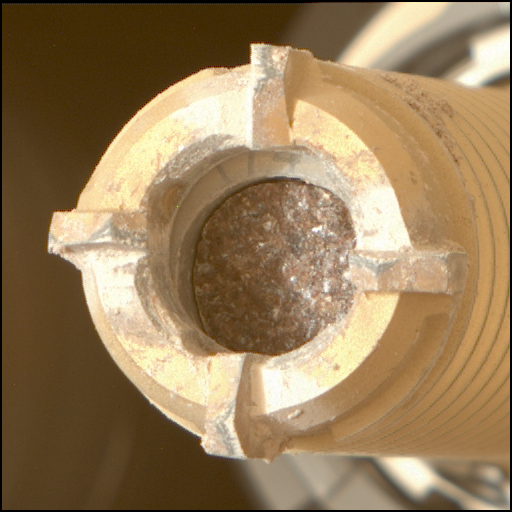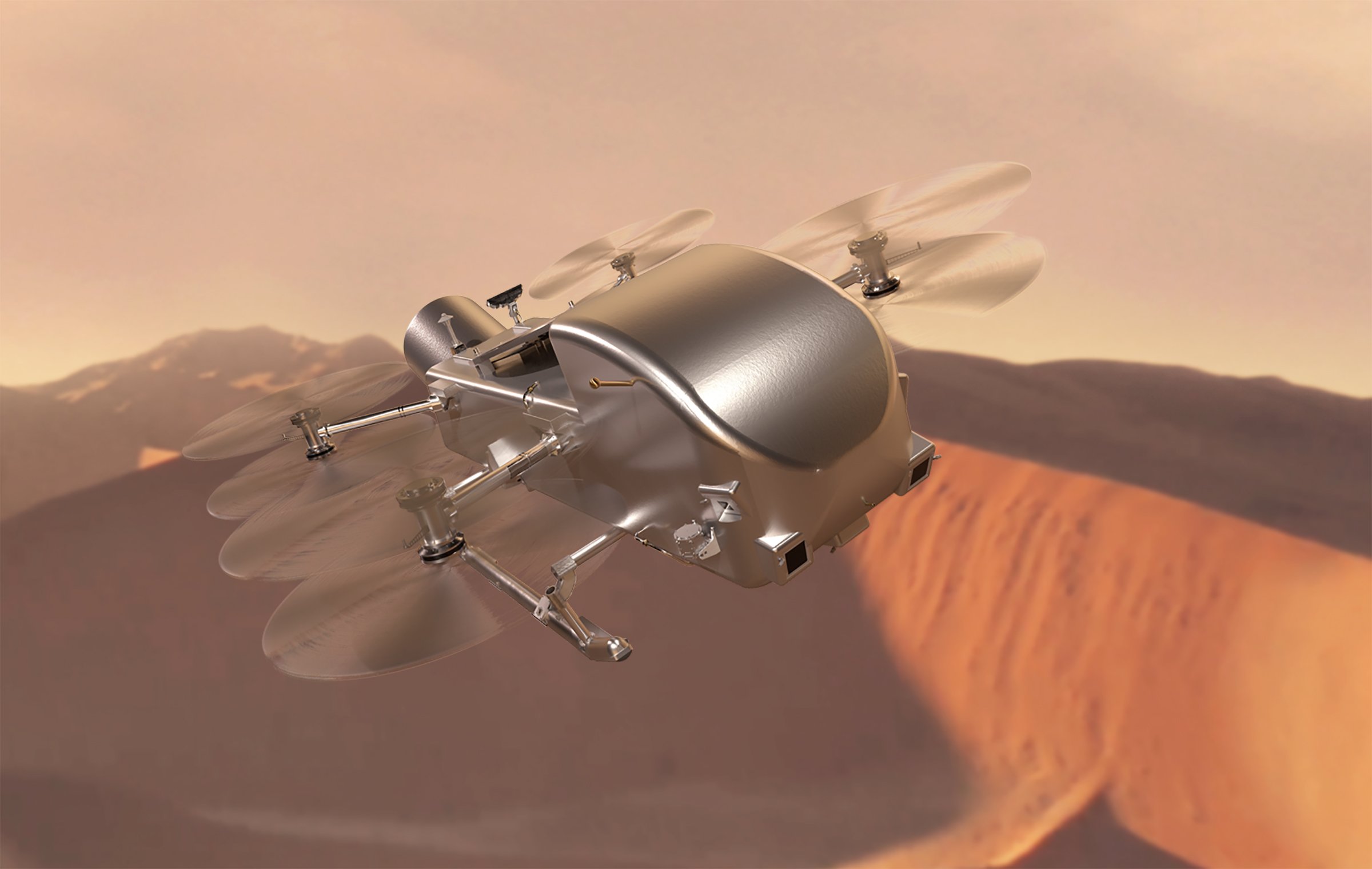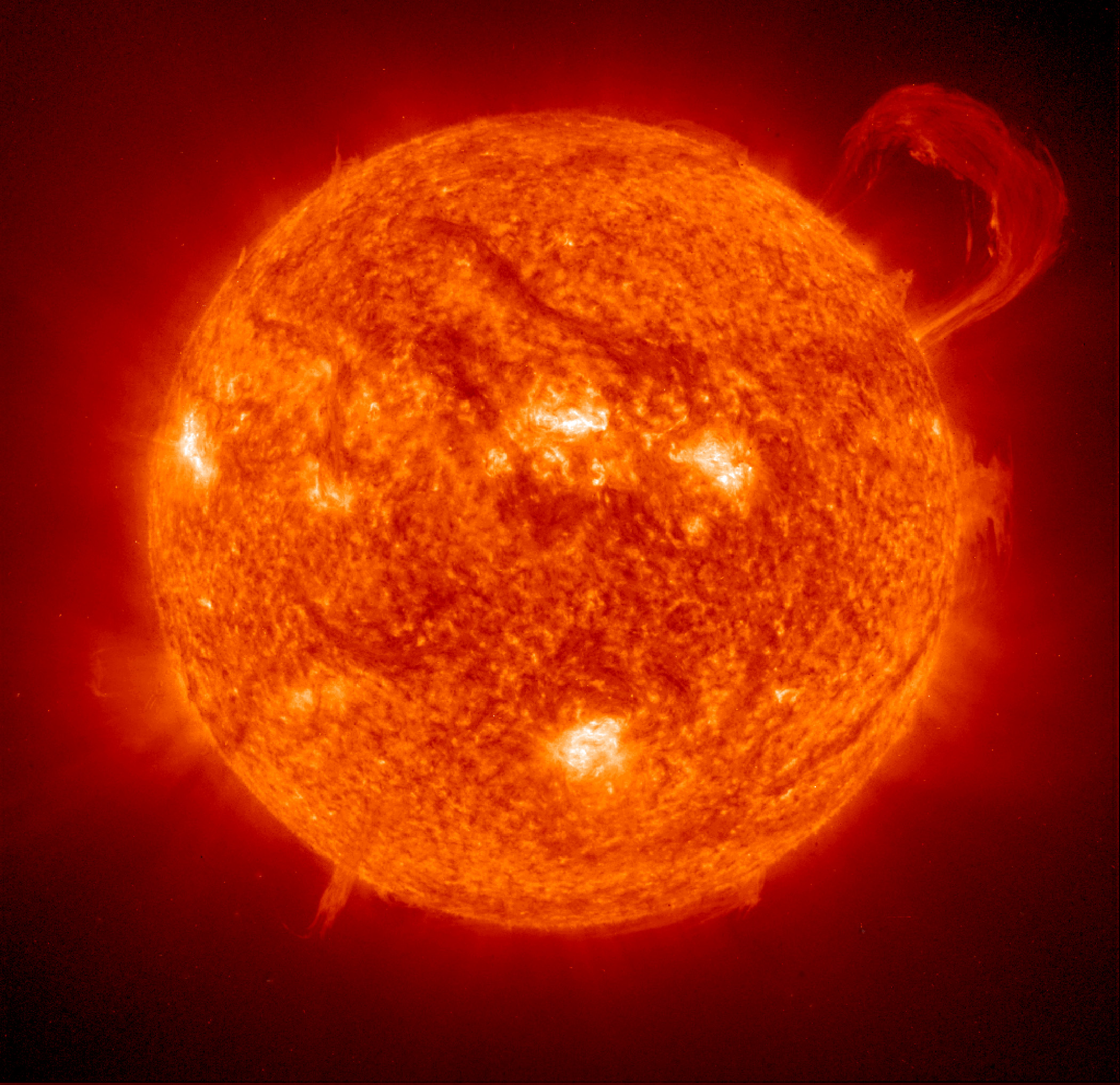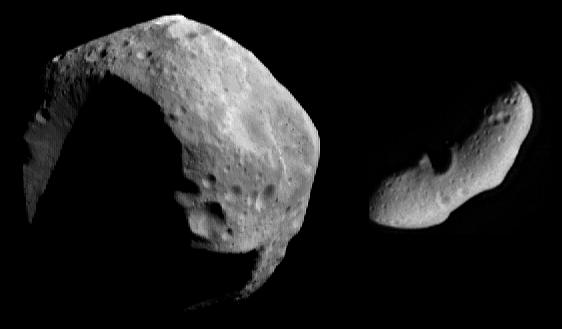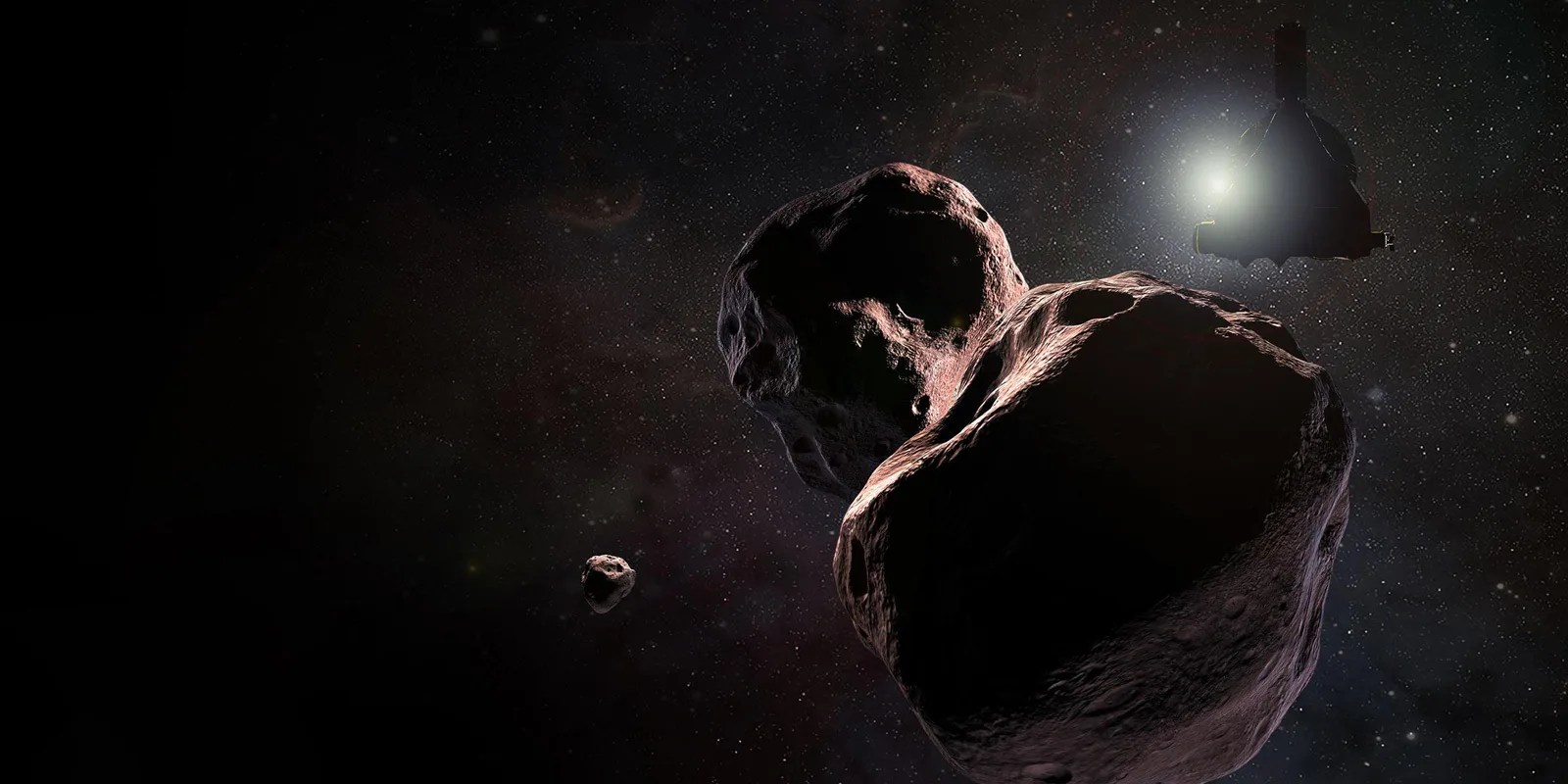3 min read
Cassini Significant Event Report
For Week Ending 10/04/02
The most recent spacecraft telemetry was acquired from the Goldstone tracking station on Tuesday, October 1. The Cassini spacecraft is in an excellent state of health and is operating normally. Information on the spacecraft's position and speed can be viewed on the "Present Position" web page.
Instrument activities this week included loading of a Visual and Infrared Mapping Spectrometer (VIMS) Instrument Expanded Block (IEB) to prepare the instrument for Flight software (FSW) upload and Beta Gru observation activities, upload of VIMS FSW, Radio and Plasma Wave Science periodic instrument maintenance, a Composite InfraRed Spectrometer (CIRS) shade test, and a Cassini Plasma Spectrometer (CAPS) IEB load and Time to Digital Data Converter (TDC) test.
The CIRS shade test activity tests how much heating is caused by various amounts of sunlight on the CIRS radiator. Data will be used to update the CIRS radiator flight rule, and should allow for more flexibility and greater ease in planning science observations.
The CAPS TDC test cycled through the threshold values for the TDC and gathered statistics regarding the background data. This information will then be incorporated into future FSW updates to improve processing.
The Science Planning Team development for the C35 sequence concluded this week. A handoff package will be passed to Uplink Operations for inclusion in next week's kick-off for sequence generation.
An independent review board was convened for the purpose of reviewing the options that the Program has developed on the issue of visibility into spacecraft performance during the SOI period. The spacecraft design does not permit the degree of visibility desired without a substantial cost in science acquired and propellent used. The board assessment was that the set of options developed was complete and recommended an option that provides Doppler shortly prior to and during part of the burn, but doesn't give real-time telemetry. A presentation of the options was made to NASA HQ this week. A tentative decision was for the same option, but some additional information was requested prior to making a final decision.
Two Delivery Coordination Meetings were held this week, one for the updated Navigation Ancillary Information Facility / Spacecraft, Planet, Instruments, C-matrix, and Events kernels Toolkit, N0053, and the other for Inertial Vector Propagator (IVP)/Kinematic Prediction Tool (KPT) Version 8.1
The topic of discussion at this week's Mission Planning Forum was rolling & rocking downlinks. Mission Planning and ACS personnel from the Spacecraft Operations Office discussed the needs and feasibility of rolling downlinks during tour. Mission Planning provided some analysis on the number of rocking downlinks needed.
Additional information about Cassini-Huygens is online at http://saturn.jpl.nasa.gov.
Cassini will begin orbiting Saturn on July 1, 2004, and release its piggybacked Huygens probe about six months later for descent through the thick atmosphere of the moon Titan. Cassini is a cooperative mission of NASA, the European Space Agency and the Italian Space Agency. JPL, a division of the California Institute of Technology in Pasadena, manages the mission for NASA's Office of Space Science, Washington, D.C.
Media Relations Office
Jet Propulsion Laboratory
California Institute of
Technology
National Aeronautics and Space
Administration
Pasadena, Calif. 91109.
Telephone (818) 354-5011


